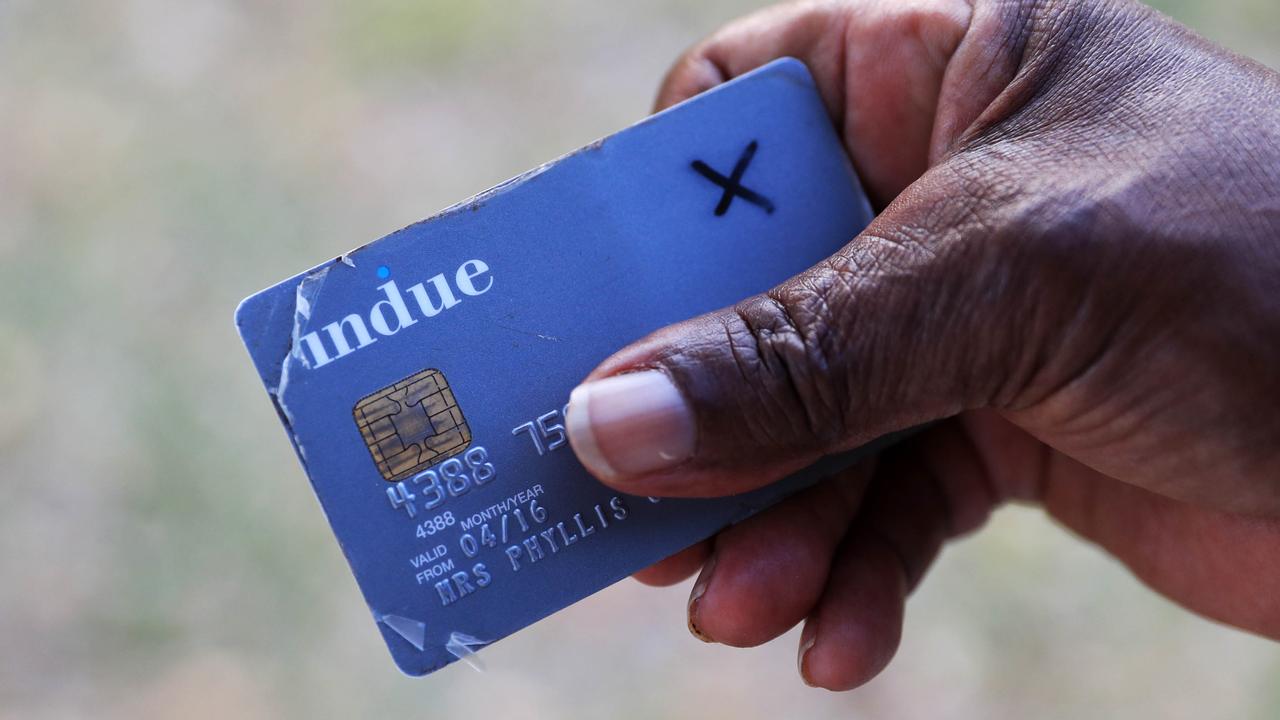Coles’ program doubles its indigenous workforce in a year
Coles has doubled its indigenous workforce in 12 months, and it’s largely down to Topaz McAuliffe.

Coles, one of the nation’s largest employers, has doubled its indigenous workforce in 12 months, and it’s largely down to one woman, Torres Strait Islander Topaz McAuliffe.
After a career in banking, Cairns-based Ms McAuliffe joined the supermarket chain five years ago and is now head of indigenous affairs, driving change from inside.
Her efforts are paying off. In the past year, the number of Aboriginal or Torres Strait Islander people employed by Coles has risen from 1115 to 2321, increasing from 1.1 per cent of the total workforce to 2.2 per cent.
When Ms McAuliffe started, Coles employed just 65 indigenous people. Now that many hold retail management positions in the organisation.
The company’s target is for indigenous employees to make up 3 per cent of its workforce, reflective of the indigenous population of Australia, and it reckons it’ll hit that mark in 2018, two years earlier than projected.
“Jobs are the solution; jobs are the key to closing the gap,” Ms McAuliffe told The Australian.
A key part of the success has been a three-week pre-employment program for indigenous people called First Steps, run in communities where there are large indigenous populations and at least
15 job vacancies.
Ms McAuliffe said the program built confidence, with every person who finished it guaranteed a job.
Bentley Park mother of nine Vivian Williams is one of the success stories. After a career in hospitality, she joined Coles’s pilot First Steps program and began as a casual six years ago. Now she’s manager of the deli at the Coles at Edmonton, in Cairns’ southern suburbs, with nine staff under her.
“I haven’t looked back, I just keep moving forward,” Ms Williams said. “First Steps is good because a lot of indigenous people are frightened to come forward, frightened to talk.”
It hasn’t all been smooth for the supermarket. In 2011, Coles said it would increase indigenous employment from 500 to 2000 employees by 2013. That didn’t happen.
Managing director John Durkan said the company “probably underestimated”
how difficult it would be to build a recruitment program of “this scale in the early days”.
“It’s not disappointing; it’s great to set targets and now we’ve accelerated past them,” he said.
“With the groundwork in the beginning, and what Topaz has done, we’ve done better than we thought we would. It’s our duty. We’ve got to do the right thing.”
In April, Woolworths announced it would nearly double its indigenous workforce in the next three years, aiming to add 1600 extra workers to its existing cohort of 2000.




To join the conversation, please log in. Don't have an account? Register
Join the conversation, you are commenting as Logout